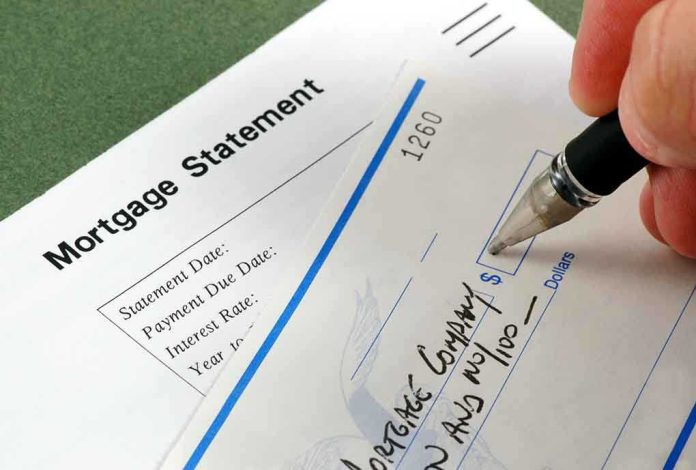
The Trump administration is preparing to unleash Fannie Mae and Freddie Mac through massive IPOs that could return $30 billion in taxpayer profits while ending decades of government control over America’s mortgage giants.
Story Highlights
- Trump officials planning historic $30 billion IPOs for Fannie Mae and Freddie Mac this year
- Move would end 16 years of government conservatorship and restore private ownership
- Administration leveraging SPAC revival and regulatory changes to accelerate public offerings
- Decision represents major shift from Obama-era policies that kept mortgage giants under federal control
Historic Move to End Government Control
The Trump administration is actively preparing initial public offerings for mortgage giants Fannie Mae and Freddie Mac, potentially worth $30 billion combined. This represents the largest privatization effort in recent American history, ending the conservatorship that began during the 2008 financial crisis. Treasury officials are evaluating multiple pathways to return these government-sponsored enterprises to private ownership, reversing years of federal control that many conservatives viewed as government overreach.
SPAC Strategy Emerges as Viable Option
Trump Media executives are simultaneously launching SPACs targeting financial and technology sectors, creating potential vehicles for complex public offerings. The administration’s regulatory changes, including Paul Atkins replacing Gary Gensler at the SEC, have catalyzed a $9 billion SPAC comeback in 2025. This environment provides alternative pathways for bringing Fannie and Freddie public, especially given tariff-induced volatility in traditional IPO markets that has made SPACs increasingly attractive to major corporations.
Taxpayer Benefits and Market Impact
Since 2012, the government has swept over $81 billion in profits from Fannie Mae and Freddie Mac into the Treasury, funds that conservatives argue should benefit taxpayers through privatization proceeds. The IPO strategy would restore shareholder rights while potentially generating substantial returns for the government. Industry experts note that returning these entities to private control aligns with conservative principles of limited government and free-market capitalism, ending an era of federal intervention in housing finance.
Political and Economic Implications
The privatization effort represents a clear departure from previous administrations’ approach to housing finance reform. Conservative investors and policy advocates have long argued that government control of these mortgage giants distorts free markets and creates unfair competition. The Trump administration’s move addresses these concerns while potentially unlocking significant value for shareholders who maintained positions throughout the conservatorship period, demonstrating commitment to property rights and economic freedom principles.
Sources:
SPACs Make $9 Billion Comeback Thanks to Trump and Tariffs
Trump Media Executives Launch $179 Million USD SPAC Aimed at Crypto and Blockchain Deals
Why SPACs Offer a Robust Alternative to IPO Market Amidst Looming Global Trade War



